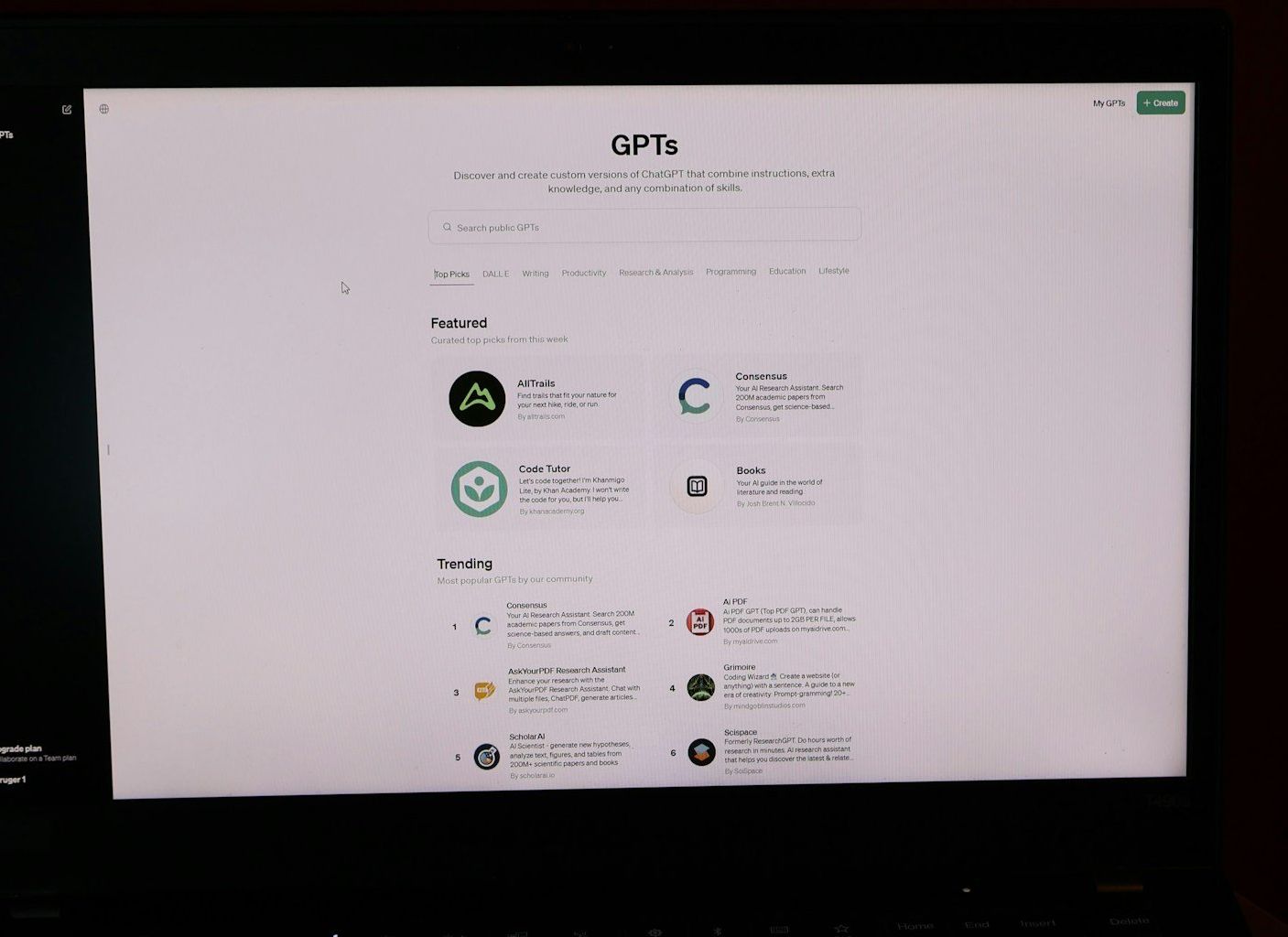Artificial Intelligence and the Future of Work
Jobs, Labor Markets, and Skills: How will generative AI transform the demand and supply of labour, the quality and quantity of jobs, and the skills and education needed for the workforce?
Case: Just like we opined in the 'Utilizing ICT For Innovative Education Strategy' article, the African education system is not equipping educators and young learners with actual emerging technology skills such as the knowledge of artificial intelligence tech, which can unlock creativity and offer unlimited possibilities. Yet, global trends indicate that educational institutions are moving from basic digital programs towards computational programs whose outcomes are being able to code, script, design, program, debug and build computer, web and mobile applications. This is rapidly emerging as an essential skill for today’s student and tomorrow’s workforce. Emerging technologies will play a vital role in the transitioning of Africa from the sidelines of the global economy to the forefront, and young people will be the drivers of the future economy.

From our research, Generative AI is poised to impact jobs significantly. A new report from the World Economic Forum, Jobs of Tomorrow, highlights the potential impact of large language models on job tasks. Generative AI has the capacity to enhance job quality and foster job growth if managed responsibly.
Further research shows that Generative AI could help spin up automation more quickly but might only be sufficient for some tasks now performed by humans as part of a larger process. Certain tasks will become fully automated, while more complex work will require a human element.
We must start preparing now.
How?
Skills and education

Promoting skills development for jobs and life in the artificial intelligence era.
We must prepare younger generations and educators with the relevant skills for future jobs. There is a need for emerging technology skills in virtually any industry. Africa has the largest and youngest workforce in the world, yet many companies present on the continent today are struggling to fill job vacancies with a local and qualified workforce. Our research shows that for those using automation to augment workers (not replace them), generative AI assistants such as ChatGPT, Bard and Copilot paired with data analytics and project management tools will be key to improving employee productivity. We must also prepare and enable women not to be just users, but to be creators and drivers of generative AI technologies.
Demand and supply of labour
Although generative AI will disrupt the demand for traditional jobs, there will be a need for supply of an upskilled work force. CMSWire states that the benefits of generative AI lie in its ability to partner with humans, complementing each other's strengths for innovative breakthroughs. That it empowers humans by liberating them from mundane tasks, enabling focus on emotional intelligence, creativity, and critical thinking. Ethical guidance and humanity's role to provide AI with a moral compass is also emphasized as key to ensuring that its operations align with principles of fairness, justice, and empathy.
This will in turn affect the quality and quantity of jobs. Let us not forget that a massive quantity of skilled data workers will be required considering that huge amounts of data are necessary to train the AI models..

Contribution – by Ida Nganga. AI and Future of Work Microsoft Africa Research Institute (MARI) Partnership in collaboration with Africa Oxford Initiative, University of Oxford; African Union Development Agency NEPAD; Centre for the Future of Work, University of Pretoria; IBM Research Africa; LELAPA AI; Microsoft Africa Research Institute (MARI).
https://www.microsoft.com/en-us/research/project/ai-and-the-future-of-work-in-africa/white-paper/
About the contributor: Ida Nganga is the President of the Women in STEM Leaders Network, Co-founder, Women in AI Innovation for Africa, and Co-Chair, Internet for Development Global Community. She is also the former Chairman, Membership & Outreach for Kenya, Internet Society (the first woman to hold this position), and is Senior Advisor, UNESCO Emerging Technologies for Development. She is one of the most awarded women in tech in Africa and a much sought after global speaker known for her oratory prowess.
You can connect with her on https://www.linkedin.com/in/ida-nganga for further insights on the full document.
She is open to diving deeper into the Future of Work and AI perspective, and others, through further engagement.